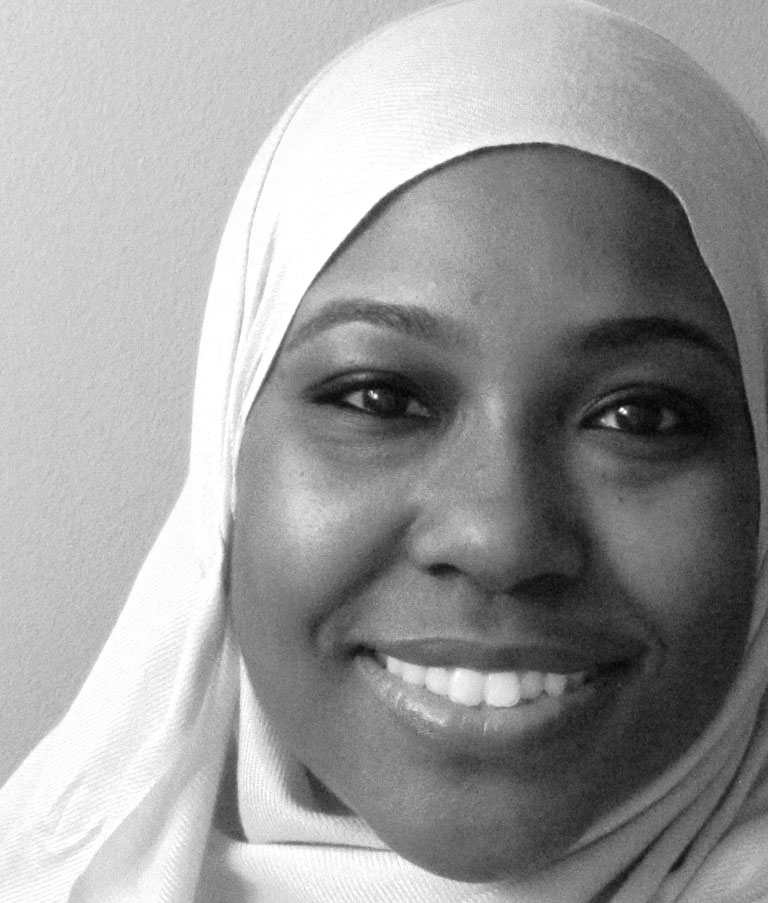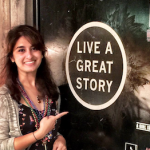Last summer, after a long talk with a friend who’d been molested as a small child, I decided I’d waited too long and it was time to talk to my children about sex. I’d talked to them extensively about touch. They understood good touch that they desired, and bad touch that they didn’t desire. I’d taught them that they had a right to say “no” to any touch they didn’t want , no matter who was offering. Don’t want to hug baba or grandma? Fine, your body, your right. Don’t want to shake uncle Fulan’s hand or kiss aunt Fulana on the cheek? I will defend you, and a salaam will have to suffice.
I wanted them to know from the earliest age that they had a right to control their own bodies, and no matter the age, title or position of authority of the other person, no one has a right to touch you in ways that make you uncomfortable. Excluding diaper changes, baths and other necessities of good parenting, these rules held fast. But things were changing.
They were 9,7, and 5, and after two years of being homeschooled they were about to leave the comforting shelter of the nest to re-enter the larger bubble of Islamic school. My best friend, with years of Islamic school teaching under her belt, warned me not to be complacent. Anything I thought my children might face in public school they’d also face at Islamic school: sex, drugs, assault, petty crimes, and peer pressure, and I’d better prepare myself and my children for it.
I knew that if I didn’t have frank, age-appropriate discussions with them and open the door to the kind of easy communication I had with my own mother, that I’d be setting them up to seek information from potentially unreliable sources, or worse, predators seeking to use their innocence against them. The problem was, after decades of living amongst Muslim communities where sex is surrounded by a thick fog of shame, I’d become uneasy about the topic. I lacked my mother’s grace under fire.
After years of a strict Catholic upbringing, my mother knew nothing about sex. It was simply not discussed. She was shocked and terrified when in her mid-teens, she got her first period. Convinced that she was dying, she hid in the bathroom until her father forced her to tell him what the problem was and then gently informed her that she was going to be just fine. She got laughably and dangerously incorrect information about sex from friends just as ignorant as she was. She told me that her ignorance had done her actual harm and she determined from the time my older brother was born that she would do no such thing to her children.
She tells me that I was about 3-years-old the first time I asked her where babies came from. I must have been small, because I can’t really remember a time when I didn’t know this information. She told me only where they grew and how they came out. Two years later I asked her how they got in. In a conversation I remember clearly 30 some years later, she told me that when a man and a woman love one another and develop a strong desire to express that love physically, they get married. She told me this desire to express love in a physical way was similar to how I liked to hug and kiss her and other family members I loved. Then she told me in frank detail exactly how sex happened.
A year or so later, anticipating further curiosity, she bought me a book for children about sex. Each bright page was dominated by cartoon images of portly, naked, genital-free white people drawn of squiggly lines that set my mother and I to giggles whenever I opened the book. It talked about sex as a good and positive experience, likened orgasm to releasing a long pent-up sneeze, and gave me just enough child-friendly information to supplement the value-laden explanation my mother had given years before.
I didn’t understand it then, but from the earliest days of teaching me about good and bad touch, to her fierce guard over my interaction with older boys and men, to the discussions at 3, then 5, then 6 and throughout my life she was building a foundation for a healthy sexuality. It is because of her that I love my body and enjoy desiring and being desired whether I have the body of a Vixen cover girl, or the soft roundness and squiggly lines of the people in my children’s book. I want that for my children, but years of indoctrination into a culture of shame around sex made it difficult for me to live up to her example.
I found that when I started to answer my children’s questions I felt awkward, embarrassed and inadequate. I knew they were reading my body language, the tone of my voice and that I was failing. I came home and called my mother, talked to my husband, prayed. Over the months, I’ve kept trying, kept starting conversations and opening doors, feeling more assured as I go on. My children are more at ease, too. We’ve talked about child molestation and rape, crushes and dating, homosexuality. With each question I feel more assured, more relaxed, constantly reminding myself of the end goal of children who have healthy, and pleasant ideas about their own growing sexuality.
A few days ago, my nearly 11-year-old son asked me what sex felt like. My instinct was to close my eyes, clench my teeth and scream “NOOOOO I do NOT want to have this conversation. Ever!” I squelched that instantly and tried to appear as calm as my mom had about these things.
“Well,” I said as matter- of- factly as I could muster, “It’s kind of like a sneeze.”
—
Saliha DeVoe is a writer living in Southern California. She blogs at Azizatu Nafsiha.












